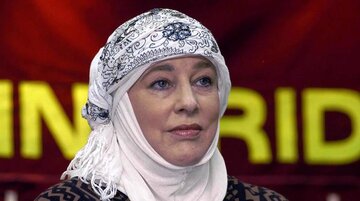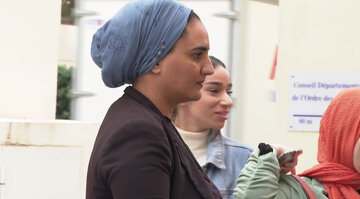Ahlulbayt News Agency: The Ulu Mosque in Utrecht is annoyed by a bill by SGP and JA21 to ban amplified calls to prayer. According to the conservative Christian and far-right parties, the Islamic call to prayer causes unrest and alienation. According to the mosque board, this is not an attempt to solve a social problem, but a political attempt to sow division.
“Do not let religious freedom become a plaything for political gain,” a spokesperson for the Ulu Mosque told Hart van Nederland. The call to prayer only lasts a few seconds, is barely audible in most cities, and is already subject to clear noise regulations, the mosque pointed out.
Municipalities can already impose conditions on what time the call to prayer can happen and its noise levels, among other things.
But according to the SGP and JA21, that is not enough regulation. The parties want to ban the use of speakers and other amplifiers for the call to prayer. They believe that the call lets Islam claim “a dominant place in the public space.”
“With the Allaho akbar, you feel like a stranger in your own country,” SGP parliamentarian Andre Flach told NOS. JA21 MP Joost Eerdmans added: “Amplified calls to prayer do not fit in the Netherlands.”
Of the around 500 mosques in the Netherlands, an estimated ten percent amplify their calls to prayer, usually on Fridays. According to the two parliamentarians, there are regular complaints about this in the municipalities where this happens.
The Ulu Mosque emphasized that Muslims are fully-fledged members of Dutch society and increasingly feel like the target of political attention. Instead of focusing on the “barely audible” call to prayer, national politicians should focus on actual problems like the housing shortage and staff shortages in healthcare and education, the mosque said.
The MPs are counting on support from the coalition parties PVV, VVD, NSC, and BBB. Whether they’ll get that support remains to be seen. Minister Judith Uitermark of Home Affairs previously said that she first wanted to investigate how often mosques call their members to prayer and to what extent others experience this as an issue. She stressed that the freedom of religion is a constitutional right.
/129






Your Comment